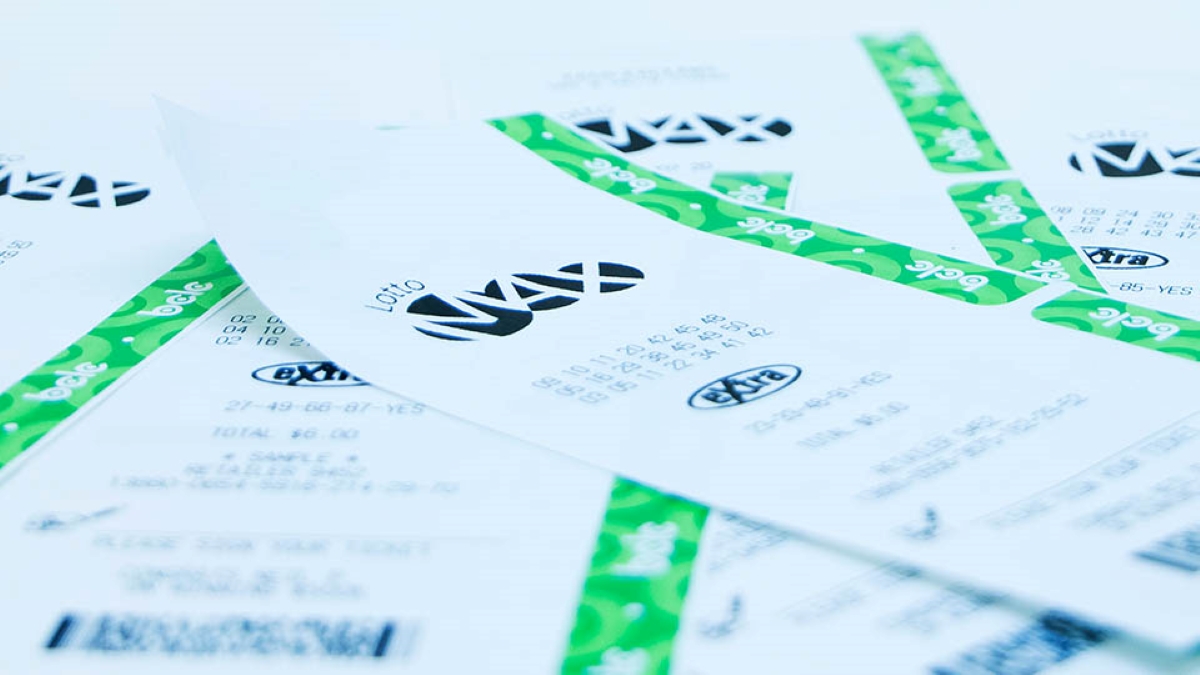
Tapjoy Releases Report on Parents’ Mobile Preferences
New market research from MobileVoice by Tapjoy, a leading mobile advertising and app monetization company, shows that modern parents are far more tuned in and tech-savvy than their own parents were. Because of their familiarity with the mobile ecosystem, they readily turn to their smartphones — particularly brand apps, social media, and rewarded ads — when it’s time to make a purchase. This represents a major opportunity for advertisers who want to connect with the valuable parent demographic, according to Tapjoy’s report, Modern Mobile Gamer 2021: Parents Edition.
For the latest installment in Tapjoy’s Modern Mobile Gamer series, following the Gen Z Edition earlier this year, Tapjoy surveyed 5498 of self-identified parent consumers in the US. Here are just a few of the insights that emerged:
Parents love games, and mobile is their platform of choice. An incredible 90% of parents surveyed said they use mobile as a gaming platform, and 79% say games are one of their favorite mobile activities.
They shop on mobile because it is convenient and saves time. Three quarters shop on mobile 1-4 times a week, and 73% cite convenience as a major factor.
Household spending is expected to increase as the COVID-19 pandemic wanes. Nearly half of parents shopped on mobile more during the pandemic and plan to continue doing so. 56% said they planned to spend more on the winter holidays in 2021, while 47% are planning to spend more on back-to-school shopping.
The pandemic continues to have a lasting effect on mobile habits: 47% did more mobile shopping in 2020 and said they plan to continue doing so, while 83% played more mobile games and said they plan to continue.
When it comes to marketing, 51% of parents like to see humorous brand content. 25% of parents also prefer brand content to be educational, compared to 18% of non-parents.
Modern parents are very receptive to rewarded ads: 46% said it’s the type of ad format they most prefer to engage with, compared to 12% who prefer Instagram and 10% who prefer Facebook.
Additionally, Tapjoy’s latest report contains research and analysis about the modern family dynamic. Only 55% of those surveyed are married, and today’s parents eschew stereotypical gender roles in favor of a more balanced approach to employment, childcare, and housework.
“Today’s parents are so much more aware of modern technology and trends than their own parents were. They grew up with the internet, so they’re well aware of what their kids are doing. They see smartphones as an essential tool that makes everything easier, from shopping to banking to monitoring the kids’ online activity. They have limited free time, so convenience is really important to them — we saw that meal kits and to-go food were especially popular mobile purchases in 2020. They like to unwind with mobile games at the end of the day, and they’re very receptive to rewarded ads thanks to the ease, convenience, and value they add to every transaction,” Lauren Baca, Senior Director of Marketing at Tapjoy, said.
The data in Modern Mobile Gamer: Parents Edition was gathered from surveys run on the Tapjoy network in February and June 2021. Responses were filtered to include all respondents who identified as United States residents and parents. This report is the second in a series of four Modern Mobile Gamer 2021 e-books featuring key insights on Zoomers, Parents, Millennials, and Generation X.










